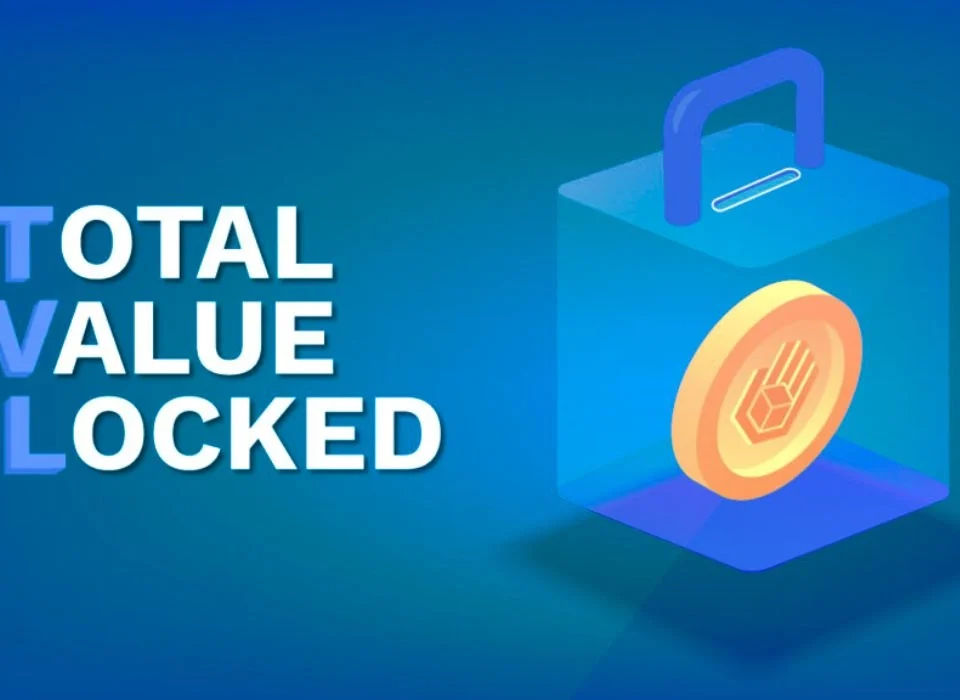
How to Participate in a Crypto Hackathon
31/07/2024
Chainlink: Revolutionizing Blockchain with Decentralized Oracles
03/08/2024Monero (XMR): An In-Depth Look at Privacy and Security in Cryptocurrency
Cryptocurrency has revolutionized the financial world, offering decentralized and transparent alternatives to traditional banking systems. Among the myriad of cryptocurrencies, Monero (XMR) stands out for its focus on privacy and security. This article provides a comprehensive examination of Monero, exploring its features, benefits, technological underpinnings, and the challenges it faces. Whether you are an investor, developer, or simply a cryptocurrency enthusiast, understanding Monero’s unique position in the crypto space is essential.
Introduction to Monero
What is Monero?
Monero, abbreviated as XMR, is a cryptocurrency that prioritizes privacy, security, and decentralization. Launched in April 2014, Monero is designed to provide anonymous transactions by obscuring the sender, recipient, and transaction amount. This focus on privacy makes Monero distinct from more transparent cryptocurrencies like Bitcoin, where transaction details are publicly accessible on the blockchain.
Origins and Development
Monero’s origins trace back to Bytecoin, the first cryptocurrency to implement CryptoNote, a protocol aimed at enhancing privacy. However, due to concerns over pre-mined coins and centralization issues with Bytecoin, a group of developers forked the project to create Monero. Over the years, Monero has evolved through the contributions of a global community of developers, constantly improving its privacy features and security protocols.
Key Features of Monero
Privacy and Anonymity
Monero’s primary selling point is its robust privacy features. The following technologies contribute to Monero’s high level of anonymity:
- Ring Signatures: Ring signatures mix the sender’s transaction with several others, making it difficult to identify the actual sender. This technique ensures that transactions cannot be easily traced back to a single user.
- Stealth Addresses: Monero uses stealth addresses to protect the recipient’s identity. Each transaction generates a unique one-time address for the recipient, ensuring that the recipient’s actual public address is not linked to their incoming transactions.
- Ring Confidential Transactions (RingCT): Introduced in January 2017, RingCT hides the transaction amount, adding an extra layer of privacy. With RingCT, only the sender and recipient know the exact amount being transacted.
Decentralization
Monero is a fully decentralized cryptocurrency, with no central authority or governing body. Its development is community-driven, and decisions are made through consensus. This decentralization enhances Monero’s security and resistance to censorship.
Fungibility
Fungibility refers to the ability of each unit of a currency to be indistinguishable from another. Monero’s privacy features ensure that all XMR coins are fungible, meaning they cannot be blacklisted or traced. This contrasts with Bitcoin, where tainted coins can be tracked and potentially rejected by exchanges.
Scalability
Monero uses a dynamic block size limit, allowing the blockchain to handle increased transaction volume. Unlike Bitcoin’s fixed block size, Monero’s adaptive limit ensures that the network remains scalable and efficient during periods of high demand.
Technological Underpinnings
CryptoNote Protocol
Monero is based on the CryptoNote protocol, which is specifically designed to address the privacy concerns of cryptocurrencies. CryptoNote provides the framework for ring signatures and stealth addresses, forming the backbone of Monero’s privacy features.
Proof-of-Work Algorithm
Monero employs the RandomX proof-of-work (PoW) algorithm, which is designed to be resistant to ASIC (Application-Specific Integrated Circuit) mining. This ensures that mining remains decentralized, allowing individuals with standard CPUs to participate in securing the network. The switch to RandomX in November 2019 aimed to level the playing field and prevent centralization of mining power.
Bulletproofs
In October 2018, Monero implemented Bulletproofs, a zero-knowledge proof technology that significantly reduces the size of RingCT transactions. Bulletproofs enhance the efficiency and scalability of the Monero network by lowering transaction fees and speeding up verification times.
Use Cases and Applications
Private Transactions
Monero’s primary use case is for private transactions. Individuals and businesses can use Monero to conduct transactions without revealing sensitive financial information. This is particularly valuable in regions with oppressive regimes or where financial privacy is at risk.
E-commerce and Online Services
Monero is increasingly being accepted by online merchants and service providers who value customer privacy. Several platforms and marketplaces accept XMR as a payment method, providing users with an anonymous alternative to traditional payment systems.
Donations and Fundraising
Monero is a popular choice for anonymous donations and fundraising campaigns. Non-profit organizations, activists, and whistleblowers can receive support without exposing their identities or the identities of their donors.
Financial Privacy
Monero offers a level of financial privacy that is unattainable with most other cryptocurrencies. This makes it an attractive option for individuals seeking to protect their financial history from scrutiny by employers, insurers, or other third parties.
Challenges and Controversies
Regulatory Scrutiny
Monero’s focus on privacy has attracted regulatory attention. Governments and financial regulators are concerned about the potential use of Monero for illegal activities, such as money laundering, tax evasion, and financing terrorism. As a result, some exchanges have delisted Monero and other privacy coins to comply with regulatory requirements.
Adoption and Acceptance
Despite its strong privacy features, Monero faces challenges in achieving widespread adoption. Many businesses and individuals are unfamiliar with the technology, and the complexity of using Monero can be a barrier to entry. Additionally, regulatory pressures can deter exchanges and merchants from supporting XMR.
Scalability Concerns
While Monero’s dynamic block size limit addresses scalability to some extent, there are still concerns about the long-term scalability of the network. As the number of transactions increases, the size of the blockchain can grow significantly, potentially leading to issues with storage and synchronization.
Network Attacks
Monero, like all cryptocurrencies, is vulnerable to various types of network attacks. These include 51% attacks, where a malicious actor gains control of the majority of the network’s mining power, and Sybil attacks, where an attacker creates multiple fake identities to influence the network. However, Monero’s robust security measures and active development community work to mitigate these risks.
The Future of Monero
Technological Advancements
Monero’s development community is continuously working on improving the network’s privacy, security, and scalability. Upcoming technological advancements include the implementation of second-layer solutions and further enhancements to the efficiency of the RandomX algorithm.
Increased Adoption
As awareness of financial privacy grows, Monero is likely to see increased adoption among individuals and businesses. Efforts to improve user education and simplify the use of Monero will play a crucial role in driving this adoption.
Regulatory Landscape
The regulatory landscape for privacy coins remains uncertain. Monero’s community and advocates will need to engage with regulators to address concerns and promote a better understanding of the legitimate use cases for privacy-enhancing technologies.
Integration with DeFi and Other Ecosystems
Integration with decentralized finance (DeFi) platforms and other blockchain ecosystems could expand Monero’s use cases and enhance its utility. Cross-chain interoperability and the development of Monero-based DeFi applications could drive further adoption and innovation.
Conclusion
Monero (XMR) stands out in the cryptocurrency space for its unwavering commitment to privacy, security, and decentralization. Its advanced privacy features, including ring signatures, stealth addresses, and RingCT, ensure that transactions remain anonymous and untraceable. While Monero faces challenges related to regulatory scrutiny, adoption, and scalability, its active development community continues to drive technological advancements and promote financial privacy.
As the importance of privacy in the digital age grows, Monero is well-positioned to play a crucial role in protecting the financial autonomy of individuals and businesses. Whether you are an investor, developer, or privacy advocate, Monero offers a compelling vision of a decentralized and private financial future. By understanding its features, challenges, and potential, you can better appreciate the unique value that Monero brings to the world of cryptocurrency.



